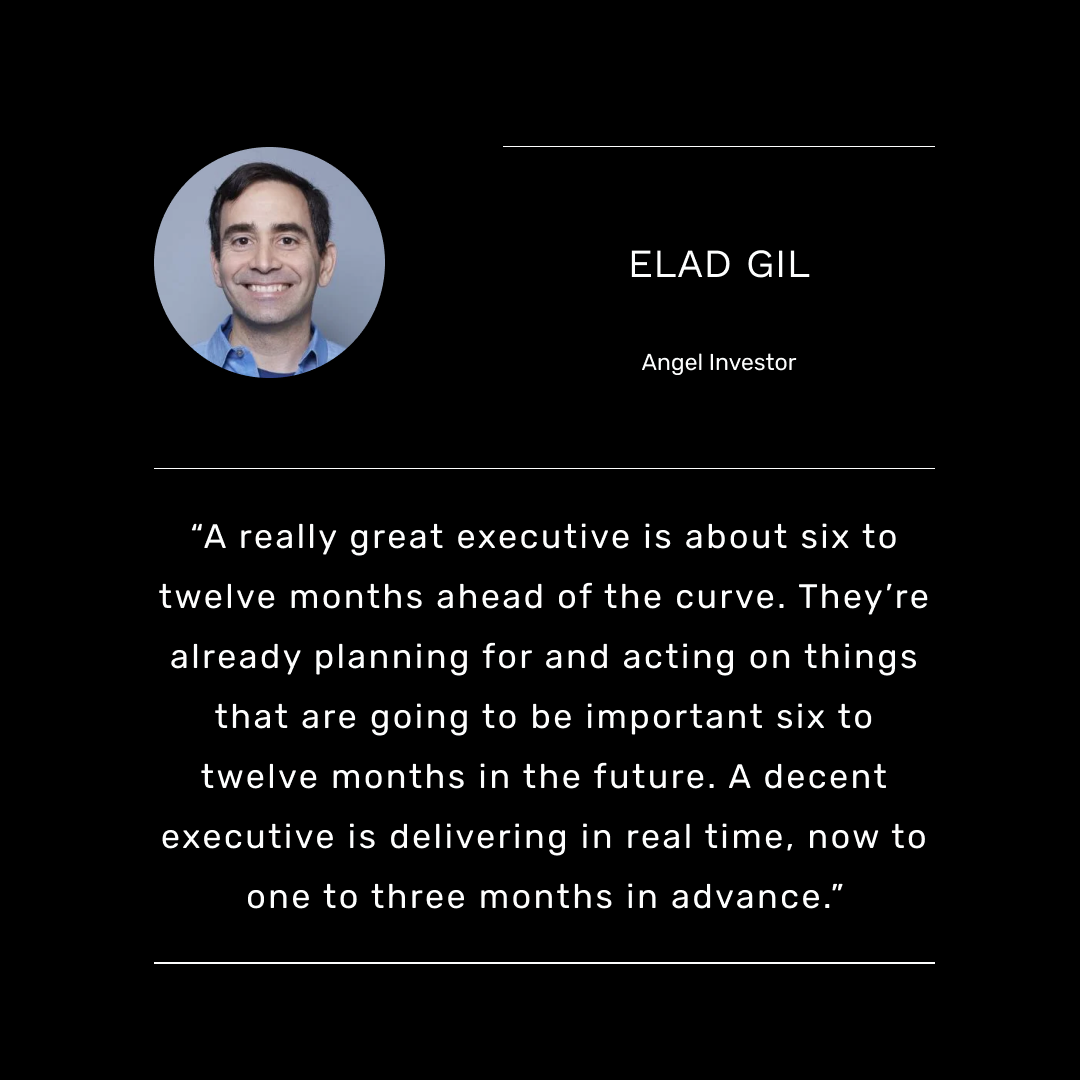
In venture capital, your brand isn’t just a part of your business; it is your business.
VC branding has two primary pathways emerge for venture capitalists (VCs) aiming to etch their names in the annals of investment lore: meticulously building a track record or mastering the art of online visibility.
But which of these branding strategies resonates more with Limited Partners (LPs)?
This question isn’t just about preference; it’s about understanding the core values and expectations that LPs hold dear.
P.S. We run the #1 private venture community with thousands of investors from all over the world already inside. Apply here, and we’ll get back to you in a week or less.


Building a formidable track record is akin to crafting a masterpiece. It’s a slow, deliberate process that demands patience, insight, and the uncanny ability to see the diamond in the rough.
A VC’s track record is a ledger of their investment foresight: the startups that soared, the companies that carved out new niches, and the financial returns that followed.
For LPs, a strong track record is a beacon of reliability. It’s tangible evidence of a VC’s ability to navigate the tempestuous seas of the startup world and come out ahead.
Consider the journey of a startup from obscurity to unicorn status. Behind every headline-making valuation, there’s often a VC who believed in the company’s potential when others didn’t. These success stories are not just transactions; they are tales of partnership, growth, and shared vision.
They resonate with LPs because they underscore a VC’s capacity for judgment, resilience, and strategic support.

In contrast, mastering the digital domain and being “loud” on the internet represents a more contemporary approach to brand building in venture capital.
This strategy leverages blogs, podcasts, social media, and other online platforms to share insights, market predictions, and investment philosophies.
The goal here is not just visibility, but thought leadership. VCs who excel in this arena become go-to sources for trends, advice, and commentary on the venture ecosystem.
The power of this approach lies in its ability to democratize influence. It’s no longer just about who you know; it’s about who knows you and what you stand for.
Online platforms offer a unique opportunity to shape perceptions, engage with a broader audience, and build a brand that stands for something more than financial acumen.
For LPs, a VC’s online presence can serve as a window into their personality, values, and approach to investment.
However, being loud on the internet comes with its challenges. It requires a consistent, authentic voice that resonates with your audience.
Content must be engaging, informative, and, above all, valuable. Visuals play a crucial role here, with dynamic video content, compelling infographics, and interactive webinars providing avenues to capture attention and impart wisdom.

So, which of these branding strategies do LPs prefer?
The answer is nuanced. LPs look for evidence of success and indicators of future performance.
A stellar track record is undeniable proof of a VC’s investment prowess, offering a solid foundation for trust and collaboration.
However, a strong online presence can not only amplify a VC’s reach but also provide insights into their strategic thinking and adaptability to change—qualities that are increasingly important in a rapidly evolving global economy.
In essence, LPs value both approaches but for different reasons.
A track record demonstrates proven success, while a robust online presence showcases thought leadership and adaptability.
The most effective VCs blend these strategies, leveraging their track record to bolster their online narrative and using their digital platform to highlight their successes and investment philosophy.
Venture capitalists aiming to attract LP investment should consider a composite strategy that leverages the strengths of both approaches.
Start with building a solid track record by making judicious investments, nurturing portfolio companies, and securing successful exits.
Simultaneously, develop a strong online presence that reflects your unique perspective on the venture landscape, showcases your successes, and engages with current and potential stakeholders in meaningful conversations.
By harmonizing these elements, VCs can craft a compelling brand narrative that appeals to LPs’ desire for both proven success and dynamic, forward-looking engagement.
In the end, it’s not just about being loud or being proven; it’s about being profoundly impactful in both realms.